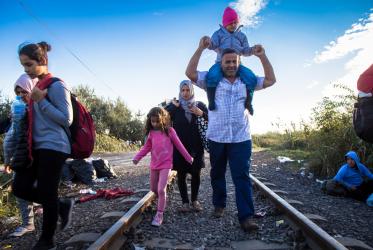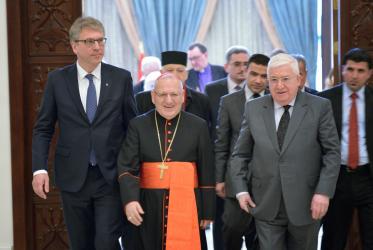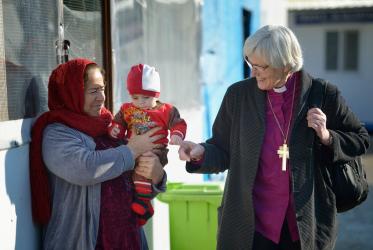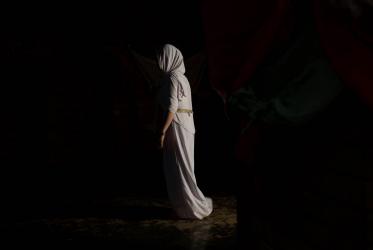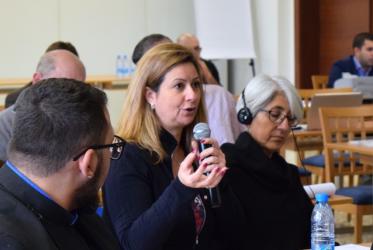Displaying 101 - 120 of 485
“When everybody is building walls, the church can build bridges”
30 January 2017
“We can’t go back as long as we know we are not secure”
26 January 2017
Strong bridges needed more than ever
21 December 2016
‘No Christmas bells in Mosul’ for a third year, says Assyrian priest
14 December 2016
Churches’ diaconal action in the Middle East analyzed
01 December 2016

